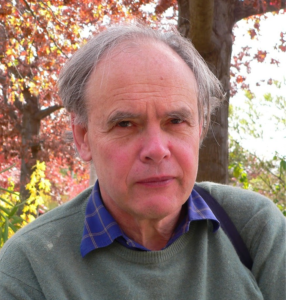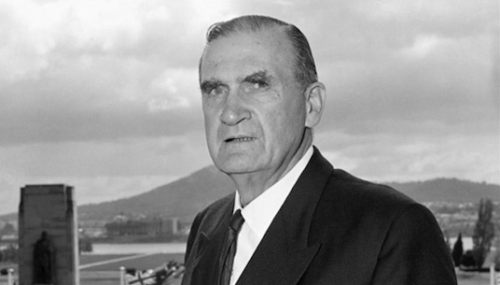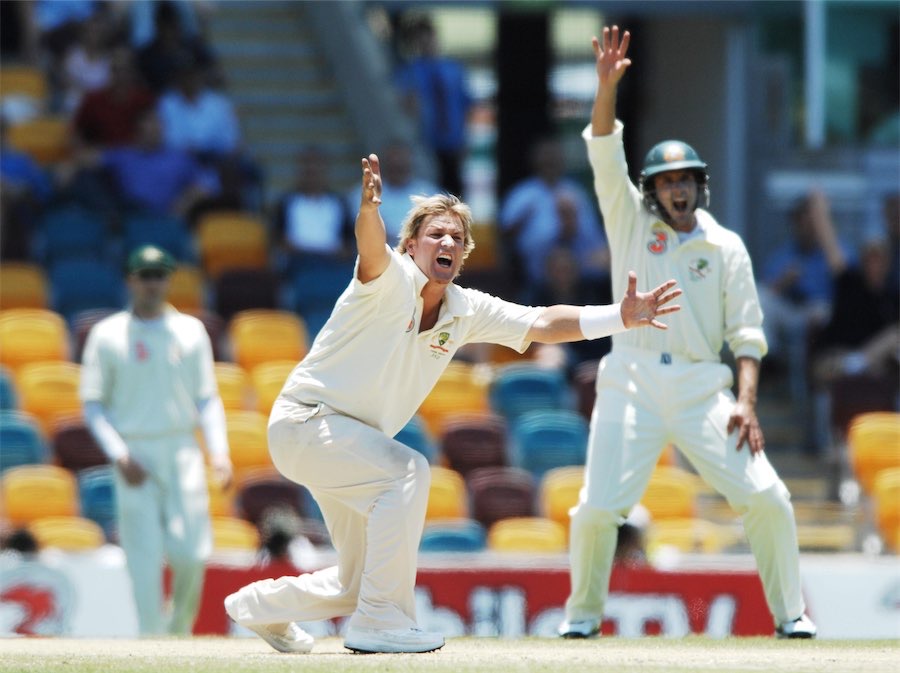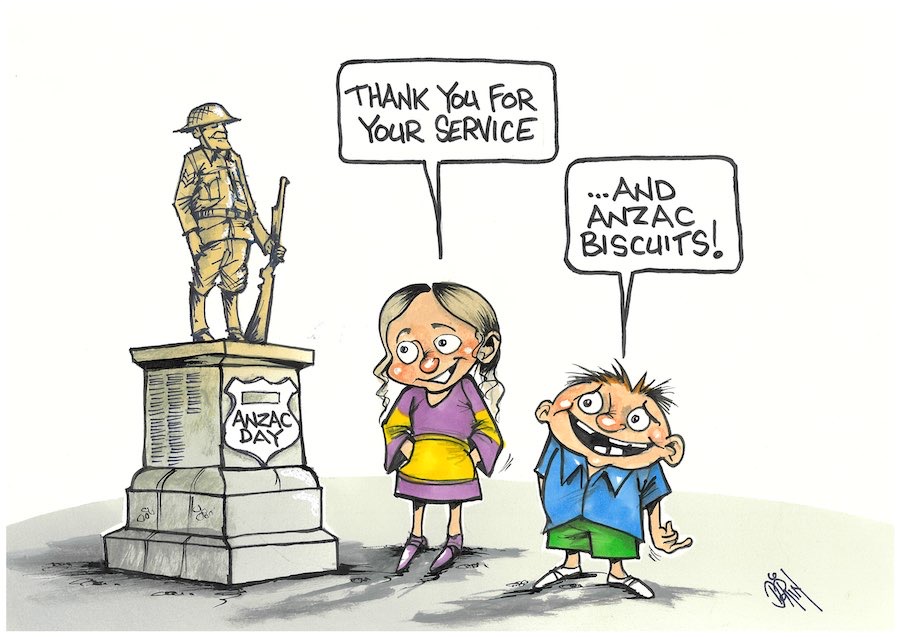 “All too often, society has failed to keep drugs from our kids and then turned around and punished the very people the law was intended to protect,” says BILL BUSH, president of the Families and Friends for Drug Law Reform.
“All too often, society has failed to keep drugs from our kids and then turned around and punished the very people the law was intended to protect,” says BILL BUSH, president of the Families and Friends for Drug Law Reform.
ONE should always respect the pain of anyone’s lived experience, but I struggle to do justice to the lessons Bill Stefaniak and his wife Shirley have drawn from the death of their son.

In a “CityNews” column (“Going soft on possession won’t fix Canberra’s drug problem”, January 21) Mr Stefaniak wrote that his son’s death was caused when the car driven by his friend’s young girlfriend crashed while she was under the influence of ice.
Of course, driving while impaired by any substance illicit or legal should be an offence. The Bill dealing with drug possession that Labor MLA Michael Pettersson plans to push in the Assembly does not change that. My struggle comes from my own close association for over a quarter of a century, with the efforts of Families and Friends for Drug Law Reform.
It has long called for the lifting of the criminal law from the back of drug users, as the Pettersson Bill promotes.
The criminal law is not regarded as an appropriate response to any other physical or mental health condition, so neither should it be for people struggling with a substance dependency or simply choosing to push a boundary.
The lesson that Mr Stefaniak has drawn from his family’s tragedy is contradicted by the lessons drawn by the hundreds who have participated at annual remembrance ceremonies for those who have died from our efforts to save them from drugs (303 names were read out at the 25th ceremony in October).
Mr Stefaniak sees the proposal to extend the expiation notice system to substances other than cannabis as sure to lead to disaster, while many of our members will tell how fear of police involvement had the same effect. The fear obstructed communication with parents and support networks.
Out of fear of the police, the son of one of our members took a hurried holiday in the course of which he used heroin and died alone with no friend to call the ambulance.
In another case, a 15-year-old girl died in the drain opposite the Canberra hospital. Her young mates on that occasion were sternly rebuked by the magistrate for not seeking nearby help. But it was fear of the law that stopped them doing so, just as drug-using mothers are deterred from accessing perinatal care. No one, child or otherwise, should ever be put in that position.
All too often, society has failed to keep drugs from our kids and then turned around and punished the very people the law was intended to protect.
Other countries, such as Portugal, Canada and The Netherlands, are showing other courses are open to us.
Mr Stefaniak claims that Michael Pettersson appears to have consulted no one and that “ACT Labor and the Greens did not take this Bill to the local election”.
First let me say that the Bill is an exposure draft designed to promote consultation. Secondly, on August 20 Stefaniak’s former party joined the other two parties in endorsing a motion calling on the post-election Assembly to “investigate the feasibility of a simple offence notice for other drugs of dependence to ascertain the legal, social and health impacts.”
Mr Stefaniak’s answer to the drug problem is a hard-hitting media campaign “showing how dumb it is using hard drugs”.
Sorry, Bill, the idea is not new. It has been tried and been shown not to work. The US has a recurrent history of failed scare campaigns and the Howard government tried it as part of its tough on drugs strategy.
As one study of drug education puts it: scare tactics “can inadvertently ‘glamorise’ risky behaviours… Survivors or ex-addicts can gain a heroic status telling their story’.”
The approach of the canny Dutch is more successful: paint drug use as boring. A Rand Corporation study in the US has shown that engaging drug users in treatment is six times more effective in reducing the supply of drugs than domestic law enforcement. The Dutch, the Portuguese and the Canadians are showing that treatment and support is the way to go and produces better outcomes. The Pettersson Bill paves the way for that.
The core of Mr Stefaniak’s objection is that decriminalisation will cause mental-health problems. He disregards the fact that support for the Assembly motion grew out of the findings of an Assembly inquiry into youth mental health, of which Mr Pettersson and two Liberal members were part. This inquiry heard evidence that the intentionally stressful processes of the criminal justice system intensified mental health problems.
Decriminalisation would reduce stigma and marginalisation “directed at both those people with mental illness and those who support them”. The commission identified this as one of several key factors driving poor outcomes in Australia’s mental health system.
Mr Stefaniak claims his experience as a lawyer and a member of ACAT accords him authority. Here, too, the lessons he draws do not jell with those of Nicholas Cowdery, the former DPP of NSW, and Mick Palmer, a former AFP commissioner.
In Palmer’s view a punitive drug policy is counter-productive. He comments in the film “Half a Million Steps” that: “If the intention of our policy is to put toxic substances on the street and make them available to anybody that wants them in a market place run and driven by organised criminal gangs our policy is working very well but if the aim of the policy is to reduce drug use and the harms associated with it, it’s an abject failure and we should tear it up.”
Cowdery stated in the same film that: “Instead of addressing some kind of harm by these laws we’re actually increasing the harms and I think that’s a direct contravention of the purpose of the criminal law and indefensible in practice.”
Bill Bush is the president of the Families and Friends for Drug Law Reform (ffdlr.org.au).
Who can be trusted?
In a world of spin and confusion, there’s never been a more important time to support independent journalism in Canberra.
If you trust our work online and want to enforce the power of independent voices, I invite you to make a small contribution.
Every dollar of support is invested back into our journalism to help keep citynews.com.au strong and free.
Thank you,
Ian Meikle, editor





Leave a Reply